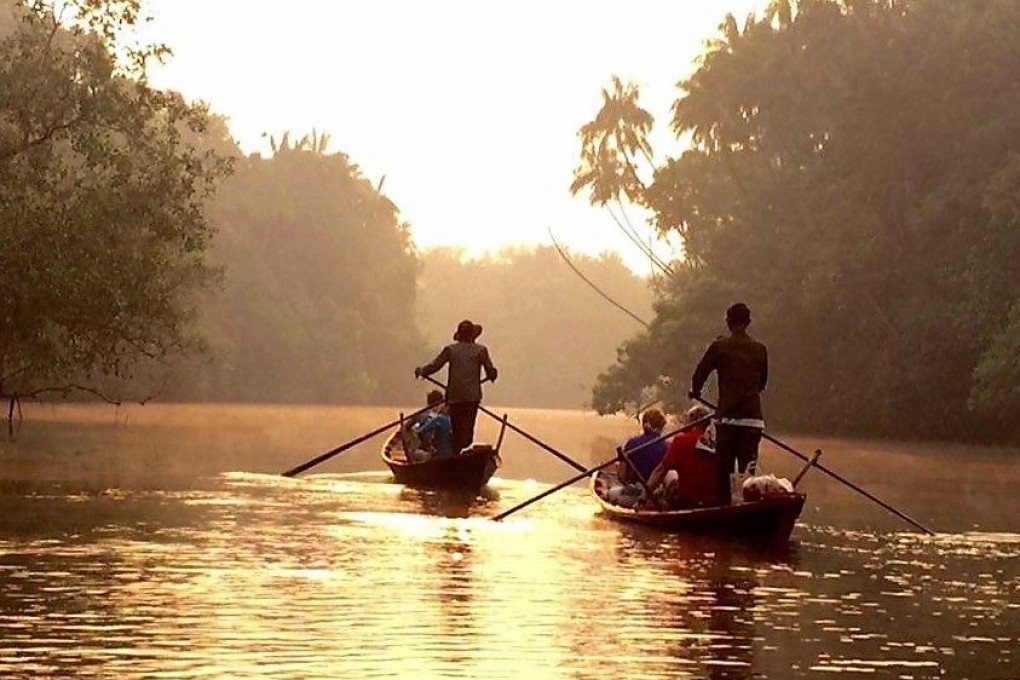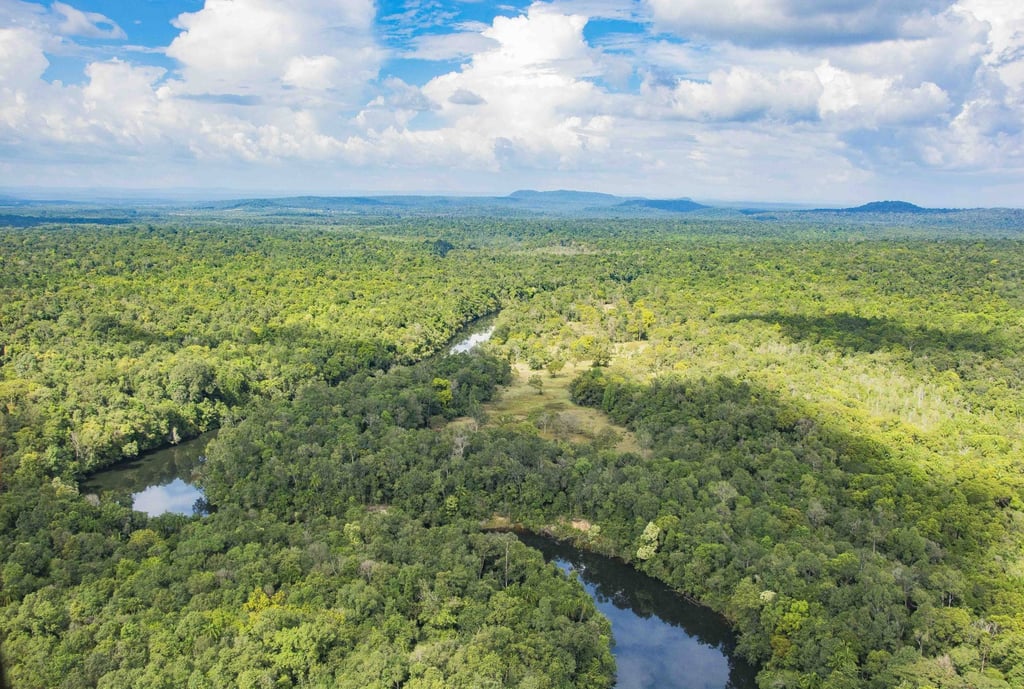Emphasis will be on eco-tourism when Cambodia reopens to visitors, as operators bet on appetite for open spaces, nature and engaging experiences
- A US$54 million World Bank initiative is helping develop eco-tourism sites, improve access and train local communities to handle visitors
- The plan, which includes the Cardamom Mountains – Southeast Asia’s largest intact rainforest – aims to ensure the benefits of eco-tourism flow to villagers

Tourism operators in Cambodia, the second-most vaccinated country in Southeast Asia (after Singapore), are putting pressure on the government to reopen borders to fully inoculated international tourists as soon as November. When they return, those tourists will be visiting a newly emerging eco-tourism destination.
“Eco-tourism is moving forward globally and is very important in Cambodia,” says Nick Ray, tourism consultant for the Cambodia Sustainable Landscape and Eco-tourism Project (CSLEP), a multimillion-dollar initiative that is spearheading a change in focus for the industry. “The pandemic has changed this even more as people seek open spaces, nature, meaningful and engaging experiences and sustainable travel.”
The US$54 million CSLEP represents the World Bank’s largest tourism investment in Cambodia. The five-year initiative will span seven provinces, taking in the Cardamom Mountains – Southeast Asia’s largest intact rainforest – the Tonle Sap Lake’s flooded forests and sacred Phnom Kulen in Siem Reap.
“With the scope and scale, there’s the chance to put eco-tourism at the centre of Cambodia’s tourism offerings,” says Ray.

The CSLEP project has thus far identified 16 sites that will appeal to local and international travellers. Money will be ploughed into improving access to these remote areas, developing hiking and cycling trails and visitor centres, and training locals in hospitality, waste management and litter awareness. Eco-lodges will eventually be constructed, but first will come campsites.